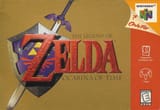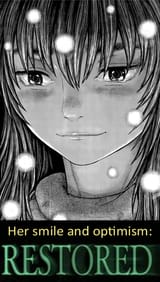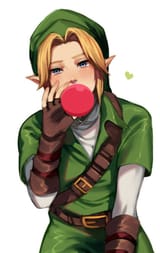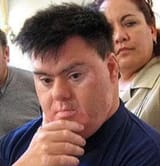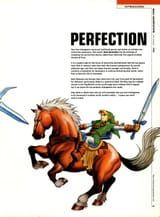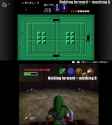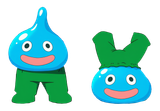>>712646796
Multiple times a year, and honestly by the time this came out, we basically already had Half Life 1 which in many ways has the same "wow" moments.
I think what makes OoT stand apart from most things, other than Nintendo bias, is that it really is a game of perfect "composition". And not just the OST. Koji Kondo's sound track is spectacular in that every single tune in the game is something striking that perfectly fits the mood. Very few tracks are just random ambiance (like the volcano area just having kind of a coarse noise) but it's all so melodic and well considered, and perfectly simple.
But again, that's just the OST. It's a perfectly composed game because it follows an advanced structure that doesn't fall into just a "game loop". The loop is just combat with items, and exploration, but that happens within this structure of "3 dungeons + story" and then event-driven moments ouside of that, leading to "6 more dungeons + more serious story" and that raises the stakes while calling back to those "innocent" early bits of the game in a darker context, which then leads to this Point of No Return when Link has to rescue Zelda but in doing so knowing he's bringing the Triforce back to Ganon.
That final moment is glorious for 2 reasons. It's a fanservice moment for ALttP fans showing "Ganondorf => Ganon" but it's also a culmination of this as a standalone narrative about Childhood vs Adulthood -- like I said, "perfect composition" between the game starting in childhood, progressing to adulthood, as the complexity of dungeons is raised, and the story becomes darker despite having been in a less dark mood earlier.
It's thus a progressive adventure, like a PROPER storyline should be, and the video-game aspect of it follows that progression through the Child-Link->Adult-Link switchup, and the items you get fulfil a power fantasy, as Adult Link becomes ready to confront the Cruel Man who threatened the innocence (childhood) in the world you're meant to protect.
